Copyright © 2023 Stanford Medicine. All Rights Reserved.
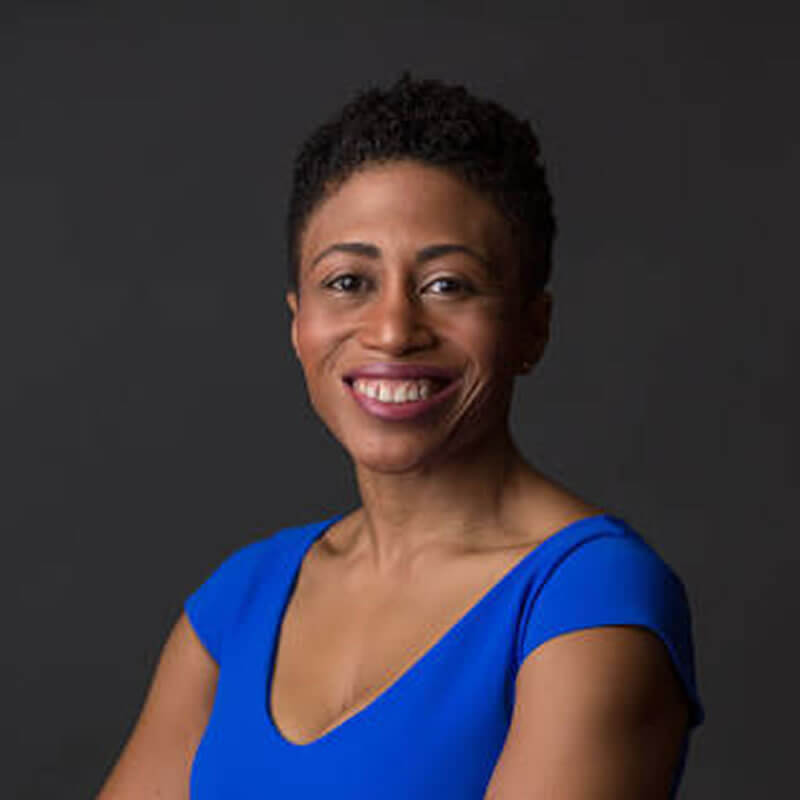
Former President & CEO, Biotechnology Innovation Organization

Chief Facilities & Sustainability Officer - General Services and Space Planning, Stanford Health Care
Helen Wilmot holds the title of Chief Facilities & Sustainability Officer – General Services and Space Planning at Stanford Health Care (SHC). Ms. Wilmot’s career has touched all aspects of health care delivery including direct patient care, clinical information systems, senior management of inpatient and outpatient facilities, and consulting in re-engineering operations.
Ms. Wilmot was the operational lead for the build of the New Hospital at Stanford–a $2B investment to expand Stanford’s medical campus. The new LEED Gold Certified Hospital, along with the ongoing complete refurbishment of the existing hospital campus, incorporates principles of the triple bottom line: world-class patient-centric care, environmental sustainability excellence, and operational efficiency. Ms. Wilmot also participates, as a senior leader, in the development of a comprehensive space master plan. In her General Services role, she is responsible for all hospitality services, security and parking and for the care of more than two million square feet of complex hospital, clinic, and administrative space on the Palo Alto main campus. She oversees the facility management of over 100 off site locations that comprise the SHC Enterprise.
Ms. Wilmot leads sustainability and decarbonization at Stanford Health Care as the organization’s first Chief Sustainability Officer. She oversaw the creation of SHC’s first multi-year sustainability targets and championed the growth of the Sustainability Program Office (SPO). Ms. Wilmot cultivated broad engagement by hosting innovative visioning sessions with over 100 industry experts and internal senior leaders to build a culture of sustainability. She has garnered executive endorsement of the sustainability program and successfully advocated for a board resolution and affirmation statement committing the organization to carbon neutrality. Ms. Wilmot is currently engaged in advancing Scope 3 – Supply Chain emissions reductions for the health care industry.

CEO and Founder, UPSIDE Foods
Uma Valeti is the CEO and Founder of UPSIDE Foods (formerly Memphis Meats), the world’s leading cultivated meat company. UPSIDE Foods was the first company focused on growing real meat directly from animal cells and has led the industry ever since. Since 2015, UPSIDE Foods has achieved numerous industry-defining milestones, including being the first company to produce multiple species of meat (beef, chicken, and duck) and the first company to break ground on a production facility. UPSIDE Foods has raised over $600 million from a diverse coalition of investors including Richard Branson, John Mackey, Bill Gates, Temasek, ADG, Softbank, Threshold, Baillie Gifford, Norwest, Cargill, Tyson Foods, and Whole Foods. Valeti’s vision is to enable people around the world to eat the meat they love, while transforming the food system to become more sustainable and humane. He has been featured in the Wall Street Journal, the Aspen Ideas Festival and SXSW. In 2019 he was named a “Global Thinker of the Decade” by Foreign Policy magazine. Valeti is a Mayo Clinic-trained cardiologist and an adjunct professor in Cardiovascular Medicine at Stanford University.

Dean, Stanford School of Medicine
Lloyd B. Minor, MD, is a scientist, surgeon, and academic leader. He is the Carl and Elizabeth Naumann Dean of the Stanford University School of Medicine, a position he has held since December 2012. He also is a professor of Otolaryngology–Head and Neck Surgery and a professor of Bioengineering and of Neurobiology, by courtesy, at Stanford University.
As dean, Dr. Minor plays an integral role in setting strategy for the clinical enterprise of Stanford Medicine, an academic medical center that includes the Stanford University School of Medicine, Stanford Health Care, and Stanford Medicine Children’s Health. With his leadership, Stanford Medicine leads the biomedical revolution in Precision Health. His book, “Discovering Precision Health,” describes this shift to more preventive, personalized health care and highlights how biomedical advances are dramatically improving our ability to treat and cure complex diseases. In 2021, Dr. Minor articulated and began realizing a bold vision to transform the future of life sciences at Stanford University and beyond – a multi-decade journey enabled by Precision Health.
Before Stanford, Dr. Minor was provost and senior vice president for academic affairs of Johns Hopkins University. Prior to this appointment in 2009, Dr. Minor served as the Andelot Professor and director (chair) of the Department of Otolaryngology–Head and Neck Surgery in the Johns Hopkins University School of Medicine and otolaryngologist-in-chief of The Johns Hopkins Hospital.
With more than 160 published articles and chapters, Dr. Minor is an expert in balance and inner ear disorders perhaps best known for discovering superior canal dehiscence syndrome, a debilitating disorder characterized by sound- or pressure-induced dizziness. He subsequently developed a surgical procedure that corrects the problem and alleviates symptoms.
In 2012, Dr. Minor was elected to the National Academy of Medicine.
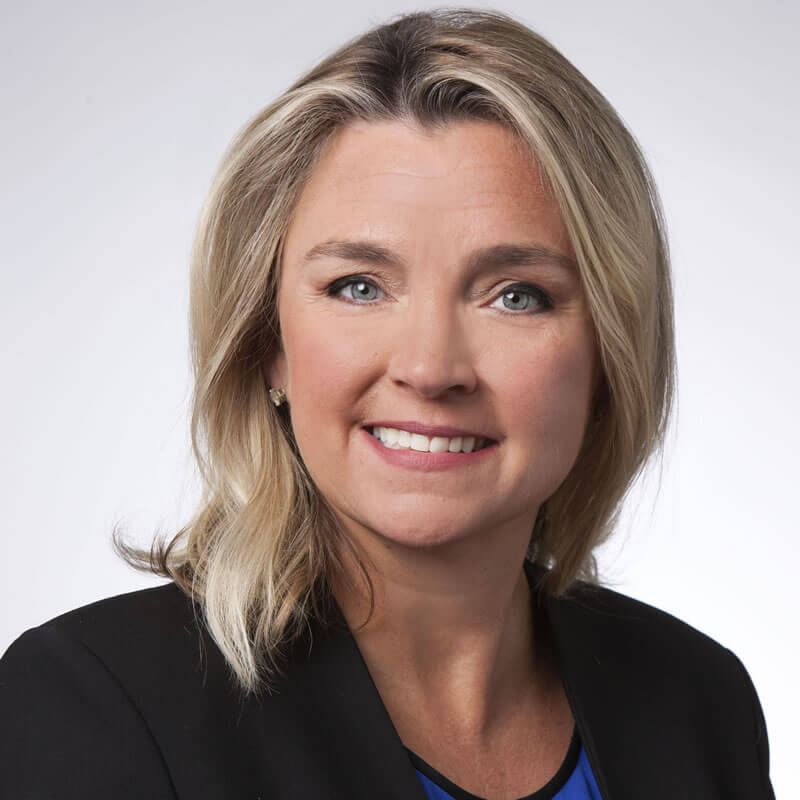
Chief People Officer, Illumina
Aimee Hoyt is Chief People Officer at lllumina, where she is responsible for all aspects of the company’s HR strategies. She has a successful track record of leading workforce transformation, driving business growth, and creating high-impact teams. Hoyt has played a critical role in bringing innovation and progressive thinking to every people program, benefit, and service. She established Illumina’s first-ever Diversity, Inclusion & Fairness (DIF) strategy that strives to embed DIF in everything the company does across the organization.
Prior to joining Illumina, she was the Chief Human Resources Officer at Rackspace, a leading managed cloud computing company. Hoyt has also held senior positions at some of the world’s best-known technology companies including Hewlett-Packard, Cisco, and Sun Microsystems. She currently serves on the Board of San Diego Squared (SD2), an organization dedicated to bridging the diversity gap in STEM careers, and Game Changers United, U.S. Soccer’s diversity, equity, inclusion and belonging council. Hoyt holds an MS in Human Resources Development from the Rochester Institute of Technology.
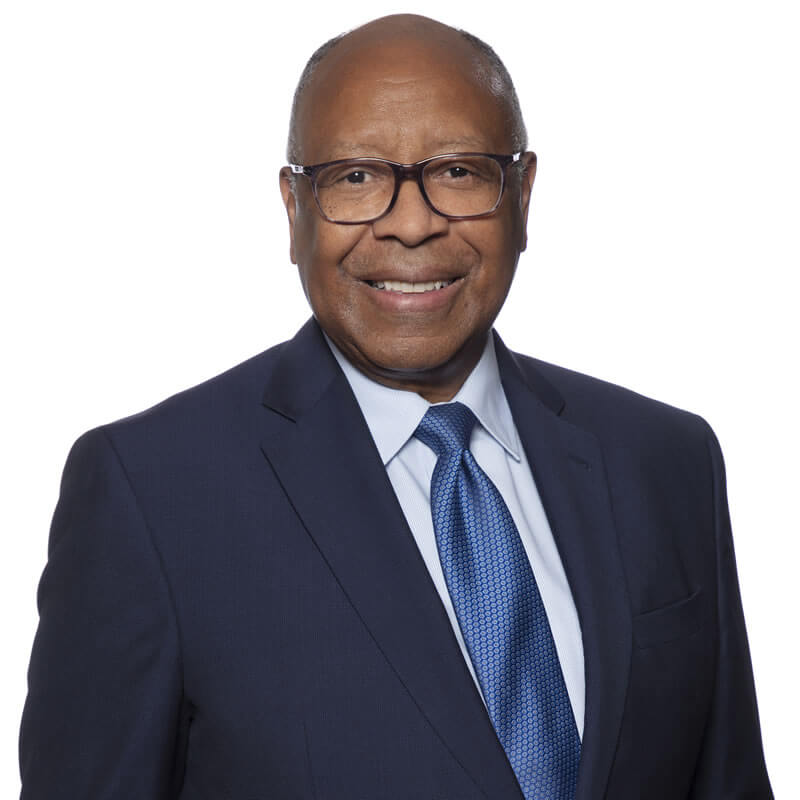
President and CEO, Stanford Medicine Children’s Health
Paul A. King joined Stanford Medicine Children’s Health in January 2019 bringing with him a distinguished career of more than 30 years as a health care executive, including leadership positions at several nationally recognized academic medical centers.
Prior to joining Stanford Medicine Children’s Health King led the University of Michigan’s C.S. Mott Children’s Hospital and Von Voigtlander Women’s Hospital as Executive Director. During his tenure, his strong leadership skills guided the strategic growth of the University of Michigan’s children’s and women’s programs and services. Prior to joining C.S. Mott Children’s Hospital, King served as president and CEO for the Pediatric Management Group, a 550-physician academic pediatric subspecialty group practice affiliated with Children’s Hospital Los Angeles (CHLA). His strong leadership record also includes senior management roles at the Mayo Clinic and the Samaritan Physicians Center.
As Stanford Medicine Children’s Health plans for continued growth and the expansion of innovation across the entire continuum of care, King’s distinguished record of accomplishment and dedication to the critically important role of pediatric and obstetric care will undoubtedly help Stanford Medicine achieve its Precision Health vision.
King is currently on the Board of Trustees for the Children’s Hospital Association and holds a bachelor’s degree in Business Administration and Economics from the University of Nebraska, at Lincoln; and a master’s degree in Health care Administration from the University of Iowa, Iowa City. King also is a Certified Medical Practice Executive.
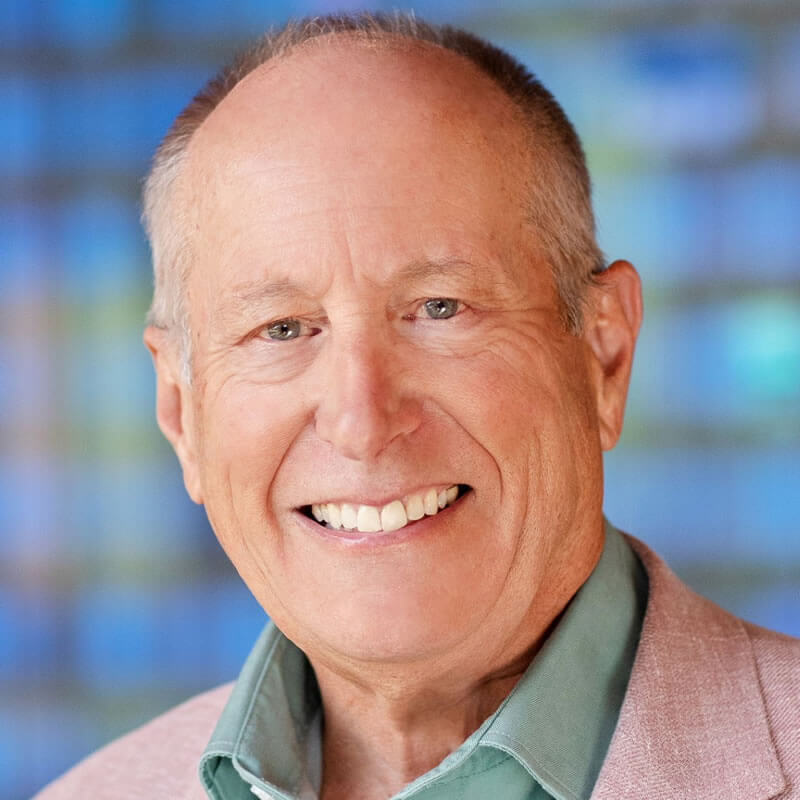
Professor of Business Leadership, Strategy, and Organizations, Stanford Graduate School of Business
William P. Barnett is the Thomas M. Siebel Professor of Business Leadership, Strategy, and Organizations at the Stanford Graduate School of Business and the Stanford Doerr School of Sustainability, where he is Chair of the Environmental Behavioral Science area. Additionally, he is the Director of the Stanford Initiative on Business and Environmental Sustainability, Faculty Director of the Stanford Executive Program, and a Senior Fellow at the Stanford Woods Institute on the Environment. Appearing in numerous published articles and books, his research looks at systems of competition within and among organizations. His work reveals great differences in rates of change, success and failure among people, products, and organizations – often with these patterns unfolding within systems of competition. Barnett applies these insights to understand how leaders, at all levels, can help to shape the success of their organization. This approach, which he calls “leading by design,” is explained with detailed examples in his forthcoming book, Organizational Evolution by Design. Barnett received his PhD in Business Administration from the University of California, Berkeley.
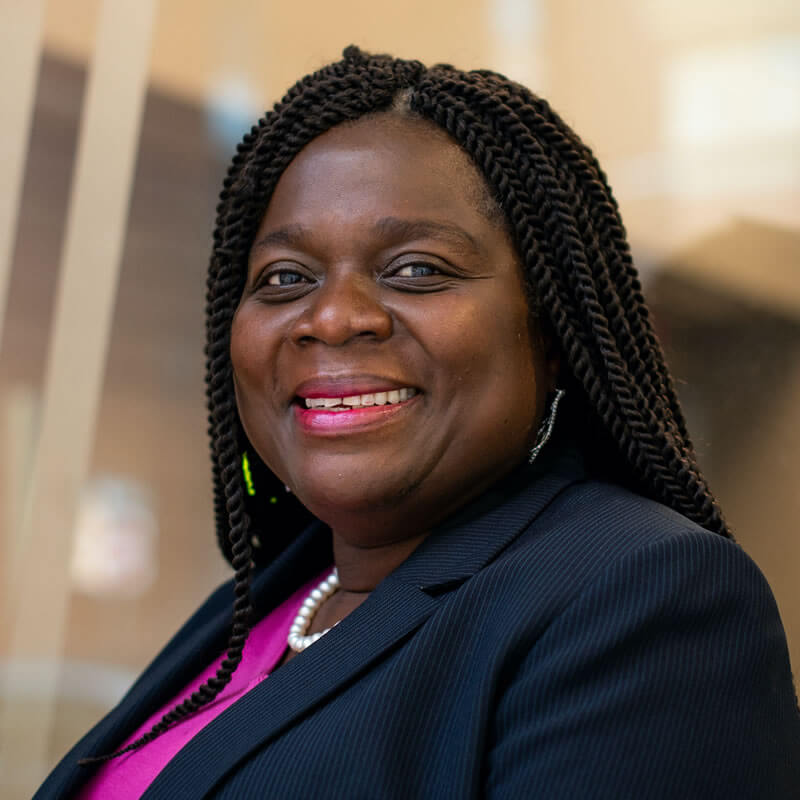
Chief Diversity and Inclusion Officer, Stanford Medicine
Joyce A. Sackey is the inaugural Chief Diversity and Inclusion Officer (CDIO) for Stanford Medicine and Clinical Professor of Medicine and Associate Dean within the Stanford University School of Medicine. As Stanford Medicine’s CDIO, she will design, develop, and oversee enterprise-wide strategies and efforts to advance inclusive excellence, health equity and justice. In addition, Sackey will support and unify existing diversity, equity, and inclusion efforts underway and provide oversight for the implementation of recommendations issued by the Commission on Justice and Equity. Prior to joining Stanford Medicine, Sackey was Associate Provost and Chief Diversity Officer for Tufts University’s Health Sciences campuses in Boston and Grafton. She was also overseeing key diversity, equity, and Inclusion initiatives at Tufts University School of Medicine. She is a Trustee of Dartmouth College, a member of the Geisel Board of Advisors, and a member of the Board of Directors for the Shapiro Institute for Education and Research at BIDMC and HMS. Sackey received her undergraduate degree from Dartmouth College, and her medical degree from Geisel School of Medicine at Dartmouth.

Assistant Professor of Neurobiology, Stanford School of Medicine
Originally from Wuhan, China, Longzhi Tan received his BS in Physics, with a minor in Biology, from MIT in 2012, studying evolution with Jeff Gore and Pardis Sabeti. He earned his Ph.D. in Systems Biology from Harvard in 2018, developing high-precision methods for single-cell genomics with Sunney Xie. He uncovered the 3D structure of the human genome in a single cell, revealed unique chromosome organization in the mouse eye and nose, and measured the true mutation spectrum of single neurons in the normal human brain. Tan also attended the Neurobiology course at MBL in 2014, and worked with Ibrahim Cisse at MIT in 2019. As a postdoc in Karl Deisseroth’s lab at Stanford Bioengineering and mentee of Howard Chang, Tan discovered major 3D genome transformation in the mouse brain after birth. Tan started his own lab at Stanford Neurobiology in Dec 2022. Tan’s awards include BWF CASI (2021), ISFS (2021), Berry Fellowship (2020), Science & SciLifeLab Grand Prize (2019), HHMI ISRF (2015), and IPhO Gold Medal (2008).
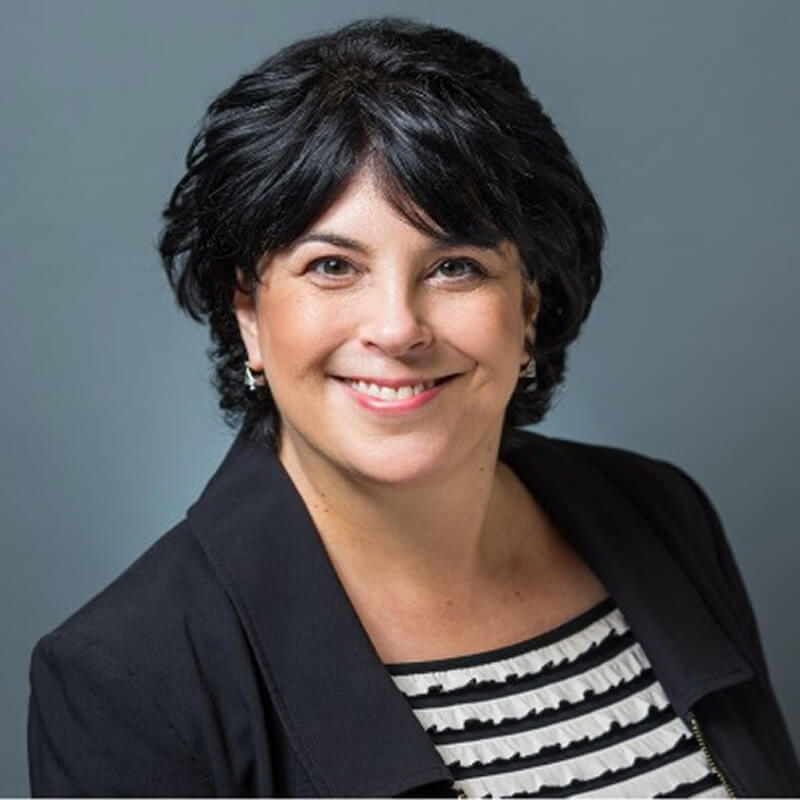
Professor in Cross-Culture Management and Professor of Organizational Behavior, Stanford Graduate School of Business
Michele Gelfand is the John H. Scully Professor of Cross-Cultural Management and Professor of Organizational Behavior at the Stanford Graduate School of Business School and Professor of Psychology by Courtesy. She was formerly a Distinguished University Professor of Psychology at the University of Maryland, College Park. Gelfand uses field, experimental, computational and neuroscience methods to understand the evolution of culture and its multilevel consequences. Her work has been published in outlets such as Science, the Proceedings of the National Academy of Sciences, Psychological Science, Nature Human behavior, and other academic journals. Gelfand is the founding co-editor of the Advances in Culture and Psychology series (Oxford University Press). Her book Rule Makers, Rule Breakers: How Tight and Loose Cultures Wire the World, was published by Scribner in 2018. Gelfand has received numerous awards, most recently the 2021 Contributions to Society award from the Organizational Behavior Division of the Academy of Management. She was elected to the American Academy of Arts and Sciences in 2019 and the National Academy of Sciences in 2021.
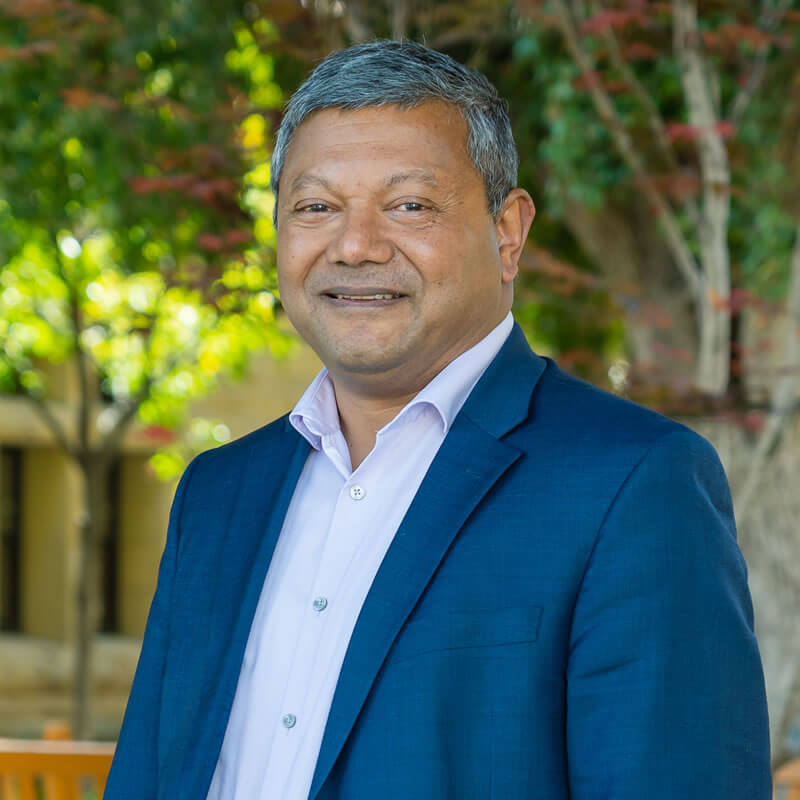
Dean, Stanford School of Sustainability
Arun Majumdar is the Chester Naramore Dean of the Stanford Doerr School of Sustainability, Jay Precourt Professor of Mechanical Engineering & Energy Science and Engineering, and Senior Fellow and former Director of the Precourt Institute for Energy. He is also a faculty member in the Department of Materials Science and Engineering (by courtesy) and Photon Science at SLAC. He served in the Obama administration as the Founding Director of the Advanced Research Projects Agency – Energy (ARPA-E) and as the Acting Under Secretary of Energy. He served as a Science Envoy for the US Department of State and currently serves as the Chair of the US Secretary of Energy Advisory Board. Majumdar was also the Vice President for Energy at Google and advises numerous business in the energy innovation ecosystem. He is a member of the US National Academy of Sciences, US National Academy of Engineering and the American Academy of Arts and Sciences. He received his bachelor’s degree in Mechanical Engineering at the Indian Institute of Technology, Bombay in 1985 and his PhD from the University of California, Berkeley in 1989.
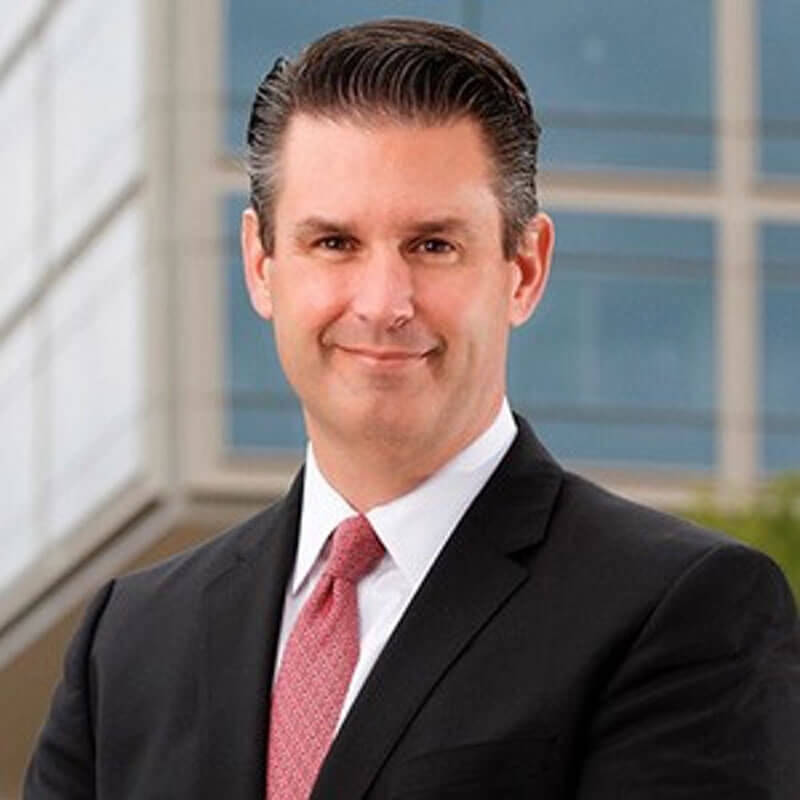
President and CEO, Stanford Health Care
David Entwistle is president and CEO of Stanford Health Care (SHC). He joined SHC in July 2016 with extensive executive experience at leading academic medical centers. Entwistle is a passionate advocate of precision health – tailoring a treatment to a patient’s specific disease or condition as well as focusing on prevention to empower patients to take charge of their health before they become ill.
Among the factors that attracted him to SHC are the unparalleled technologies available in Silicon Valley that help advance health care through better application of technology for individuals. According to Entwistle, SHC is extremely well-situated to be able to apply innovative technology, such as wearable devices that track activity or monitor blood glucose levels, to improve health.
Before joining SHC, he served for nine years as CEO of the University of Utah Hospital & Clinics (UUHC), the only academic medical center in the Intermountain West region. While serving at UUHC, Entwistle received the Modern Healthcare “Up and Comers Award,” for significant contributions in health care administration, management or policy.
He previously served as senior vice president and chief operating officer at the University of Wisconsin Hospital and Clinics in Madison, Wis., from 2002-2007; and as vice president of professional services and joint venture operations at City of Hope National Medical Center in Duarte, Calif.
As a recognized health care thought leader, Entwistle serves on the boards of the American Hospital Association, the AAMC Council of Teaching Hospitals, the Accreditation Council for Graduate Medical Education, and Vizient. He is the past chair of the Utah Hospital Association and was appointed by the governor of Utah to the state’s Medicaid Task Force.
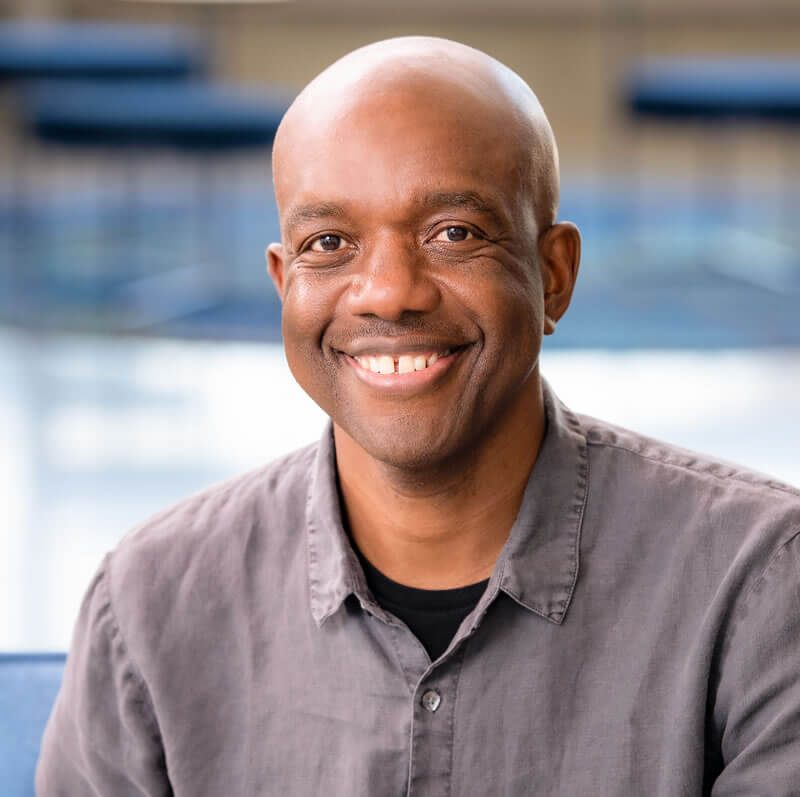
Senior Vice President, Head of Technology and Society at Google-Alphabet
James Manyika is Senior Vice President for Technology & Society at Google, where he reports to the CEO. His focus is on areas that have potential for broad impact on society, ranging from AI, computing infrastructure, to the future of work, the digital economy, and sustainability. He was appointed by President Barack Obama as Vice Chair of the Global Development Council at the White House, and by U.S. Commerce Secretaries to the Digital Economy Board and the National Innovation Board. As Vice Chair of the National AI Committee, he advises the U.S. President and the National AI Initiative Office. James is also a member of the National Academies of Science, Engineering and Medicine’s Committee on Responsible Computing. He is a Fellow of the American Academy of Arts and Sciences, a Distinguished Fellow of Stanford’s AI Institute, a Distinguished Fellow in Ethics & AI at Oxford, and a Research Fellow of DeepMind. A Rhodes Scholar, he has PhD, MS, and MA degrees from Oxford in AI and robotics, mathematics and computer science, and a BS from the University of Zimbabwe.

Clinical Professor of Medicine, Chief Medical Officer, Stanford Health Care, Senior Associate Dean for Clinical Affairs, Stanford School of Medicine
Niraj Sehgal is the Chief Medical Officer for Stanford Health Care and is also a Professor of Medicine and Senior Associate Dean for Clinical Affairs in the School of Medicine. His clinical practice is focused on hospital medicine, while his academic career has been focused on studying and improving the quality and safety of care. The latter reinforces his commitment to emphasizing interprofessional teamwork, building multidisciplinary partnerships, developing healthcare leaders, and advocating for health equity. Prior to returning to Stanford in 2020, Sehgal spent 16 years at UCSF in several leadership positions. His final role was as UCSF Health’s inaugural Chief Quality Officer, where he worked to further advance quality and equity across an expanding delivery system. Sehgal is also a passionate and award-winning teacher and mentor who remains actively involved in those activities. He earned his undergraduate degree from Washington University and his medical degree from Rush University. Sehgal was a resident and chief resident at Stanford before completing a postdoctoral fellowship at the Stanford Prevention Research Center, during which time he earned a Master of Public Health from UC Berkeley.
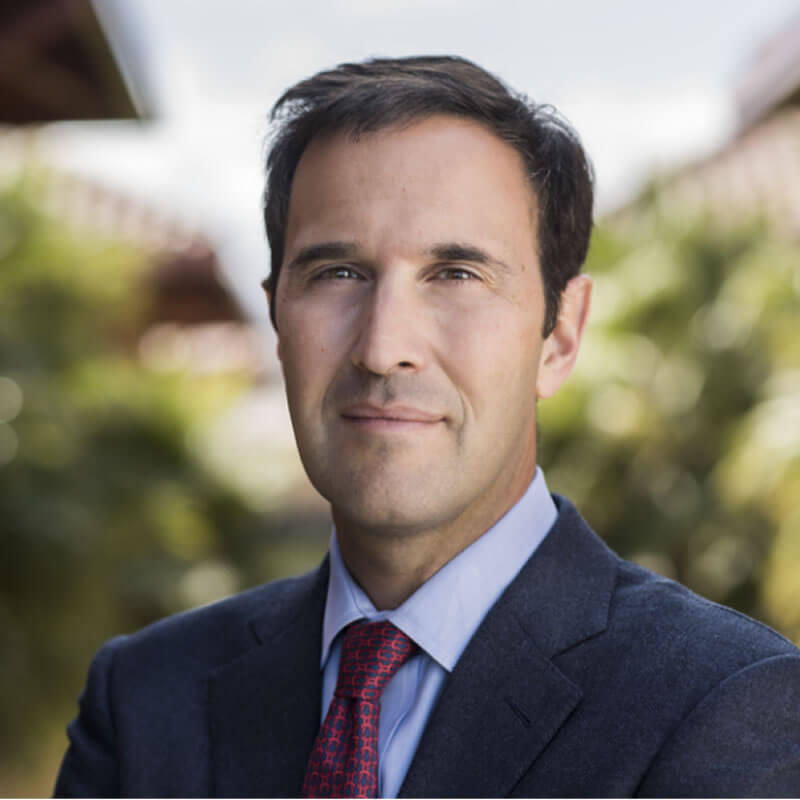
Dean, Stanford Graduate School of Business
Jonathan Levin is the Philip H. Knight Professor and Dean of the Stanford Graduate School of Business. He is an economist with interests in industrial organization, market design and the economics of technology. He has been a professor at Stanford for more than twenty years, and previously served as Chair of Stanford’s Department of Economics. Levin has received many recognitions for teaching and research, including the American Economic Association’s John Bates Clark Medal.

Assistant Professor of Bioengineering and of Genetics, Stanford School of Medicine
Rogelio Hernández-López is an Assistant Professor in the Departments of Bioengineering and of Genetics at Stanford University. He is also a member of Stanford Bio-X, Stanford Cancer Institute, and a Chan-Zuckerberg Biohub Investigator. Hernández-López received his PhD in Chemical Physics at Harvard University, working on the mechanisms of the microtubule-based motors dynein and kinesin. During his postdoctoral research at UCSF, he focused on engineering novel T cell therapies for cancer treatment. Hernández-López was a recipient of the Burroughs Wellcome Fund Career Award at the Scientific Interface in 2021. He was named an Anderson Faculty Fellow from the School of Engineering at Stanford and a V Foundation scholar in 2022.

Partner, Healthcare & Life Sciences Global Lead, Brunswick Group New York
Raul Damas is the Partner, Healthcare & Life Sciences Global Lead, New York at Brunswick Group, where he advises clients on corporate communications, financial situations, and crisis management. He has a record of strategically positioning companies and their leaders to optimize their relationships with stakeholders, including customers, investors, employees, and the media. His extensive financial communications experience includes Spotify’s unprecedented public listing, GSK and Pfizer’s consumer unit joint venture, Reckitt Benckiser’s acquisition of Mead Johnson, AkzoNobel’s defense against PPG and Elliott Management’s takeover bid, and Catalent’s acquisition of Paragon Bioservices. Damas has provided strategic counsel at the highest levels of the public and private sectors, employing his rare combination of policy development, communications, and government relations experience. Prior to joining Brunswick, he held senior leadership positions in the White House of President George W. Bush, Pfizer, and Purdue Pharma. Damas began his career as a public opinion researcher, founding Latino Opinions, a bilingual polling and strategic communications firm.
He holds an MBA from Columbia University and a Masters of Political Management from the George Washington University.

Senior Partner, McKinsey & Company
Laura Furstenthal is a Senior Partner in McKinsey & Company’s San Francisco Office, a leader within the global Healthcare Practice, and co-leader of the North America Innovation Practice. She is an expert in business building, including the development and launch of new products, services, and business models, as well as digital and analytics transformations. Furstenthal’s clients include healthcare companies, life science manufacturers, health insurers, research institutes, and investors across the U.S., Europe, and Asia. Her expertise includes personalized medicine, commercial optimization, and delivering highest quality care for the lowest cost. She is the co-developer and a leader in deploying McKinsey’s Net New Growth methodology across healthcare, high tech, automotive, insurance, consumer, and non-profit foundations. This includes guiding clients to establish a clear innovation, ensure an effective operating model, accelerate internal and external sourcing of new concepts and products, and rapidly scaling go-to-market model. Furstenthal serves on multiple non-profit boards, including the California Academy of Sciences, and has published in journals such as McKinsey Quarterly and Nature. She has a BA from Harvard University and a PhD in Cancer Biology from Harvard University.
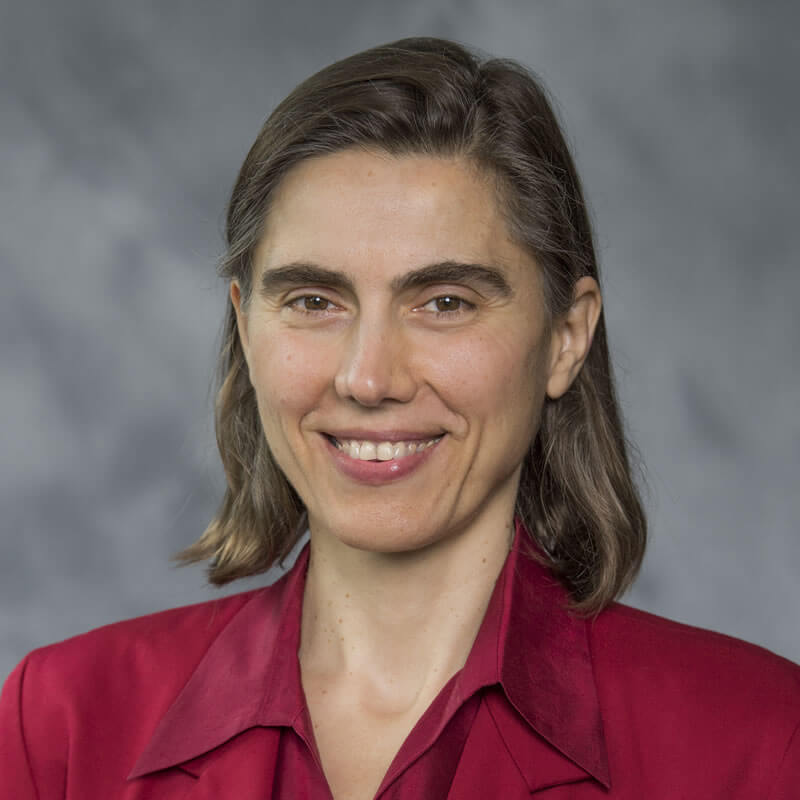
Professor and Chair of Otolaryngology, Stanford School of Medicine
Konstantina “Tina” Stankovic is the Bertarelli Foundation Professor and Chair of the Department of Otolaryngology – Head & Neck Surgery at Stanford University School of Medicine. She is a Harvard-trained ear and skull-base surgeon and a Massachusetts Institute of Technology-trained auditory neuroscientist. Stankovic’s clinical focus is in otology and neurotology, and she previously served as Chief of the Division of Otology and Neurotology at Massachusetts Eye and Ear, a teaching hospital of Harvard Medical School. In addition to her clinical and administrative duties, she directs a basic science laboratory focused on improving diagnostics and therapeutics for sensorineural hearing loss. Stankovic has initiated and led successful cross- departmental, national, and international collaborations to develop and deploy novel molecular diagnostics and therapeutics for hearing loss and otologic diseases in general while educating the next generation of leaders in surgery and science.
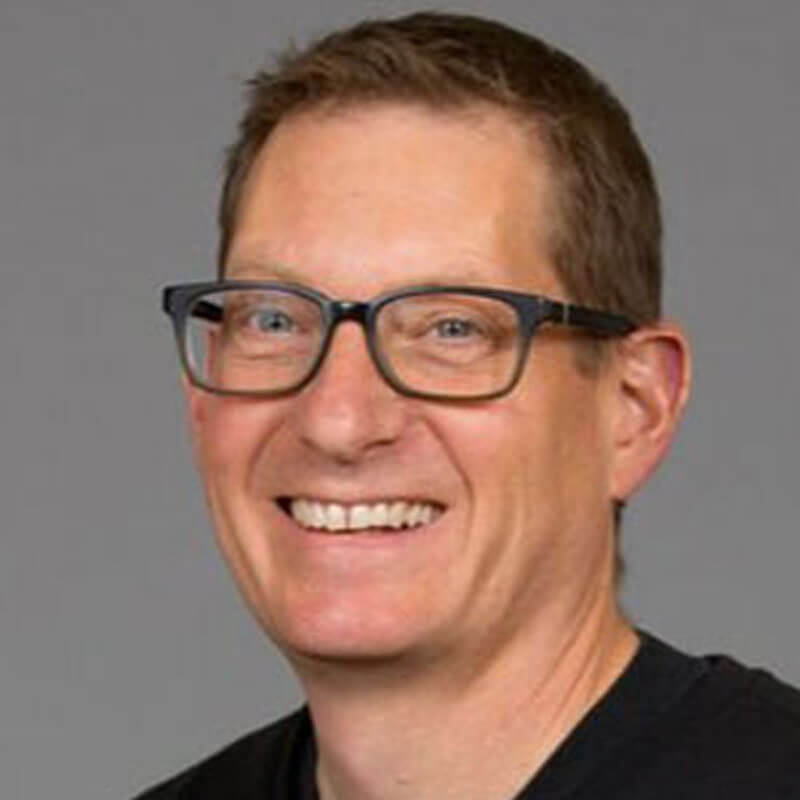
Professor and Chair of Biochemistry and Professor, by courtesy, of Chemical and Systems Biology, Stanford School of Medicine
Aaron Straight began his formal training in science began at Dartmouth College where he did research on immune cell activation completing a major in Biology with a secondary focus in Art History. His research interests took him to the University of California, San Francisco to study the regulation of the cell cycle where he developed new approaches to studying eukaryotic chromosome segregation. As a postdoctoral fellow at Harvard, Straight developed new small molecules directed at myosin contractile systems for application as fast acting probes for cell division research. He established his own research group at Stanford in 2003 where his laboratory has focused on the biology of chromosomes, chromatin based epigenetic control, and the functions of noncoding RNAs in chromosome regulation. At Stanford, Straight has served as head of the Committee on Graduate Admissions and Policy for the Biosciences, as Chairman of the Biochemistry Department, member of the University Faculty Senate, and in other service roles in the School of Medicine. He is currently helping to direct the Future of Life Sciences Initiative as part of the strategic plan for the School of Medicine and University.
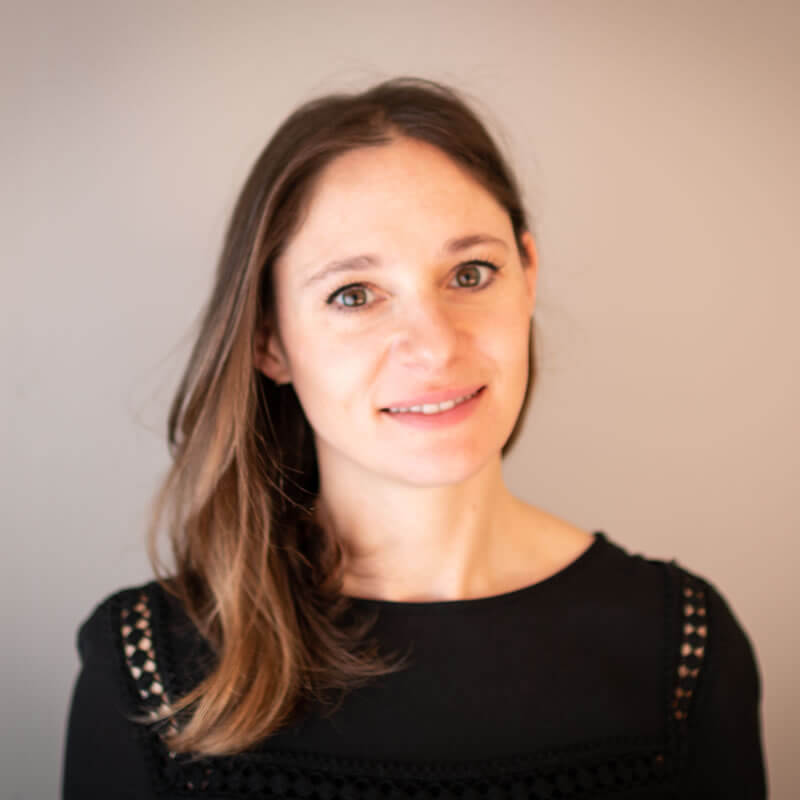
Assistant Professor of Genetics, Stanford School of Medicine
Serena Sanulli is an Assistant Professor in the Department of Genetics and a fellow of the Sarafan ChEM-H Institute at Stanford University. Her lab studies the biophysical principles of the genome to better understand how the access to genetic information is regulated in space and time to achieve specialized cellular functions. Sanulli grew up in Italy and she received her BS and MS degrees in Biotechnology from the University of Bologna. In 2013, she completed her PhD at the Pierre and Marie Curie University in Paris, where she studied the mechanisms of gene silencing in development. In 2014, Sanulli joined the laboratories of John Gross and Geeta Narlikar at the University of California, San Francisco (UCSF) as a Postdoctoral Fellow to investigate the biophysical properties of chromatin and the emerging role of phase separation in biology. In 2021, she joined the Department of Genetics at Stanford University. Sanulli was recently named Chan Zuckerberg Biohub Investigator, and is a recipient of the NIH Director’s New Innovator Award and The Searle Scholars Program.
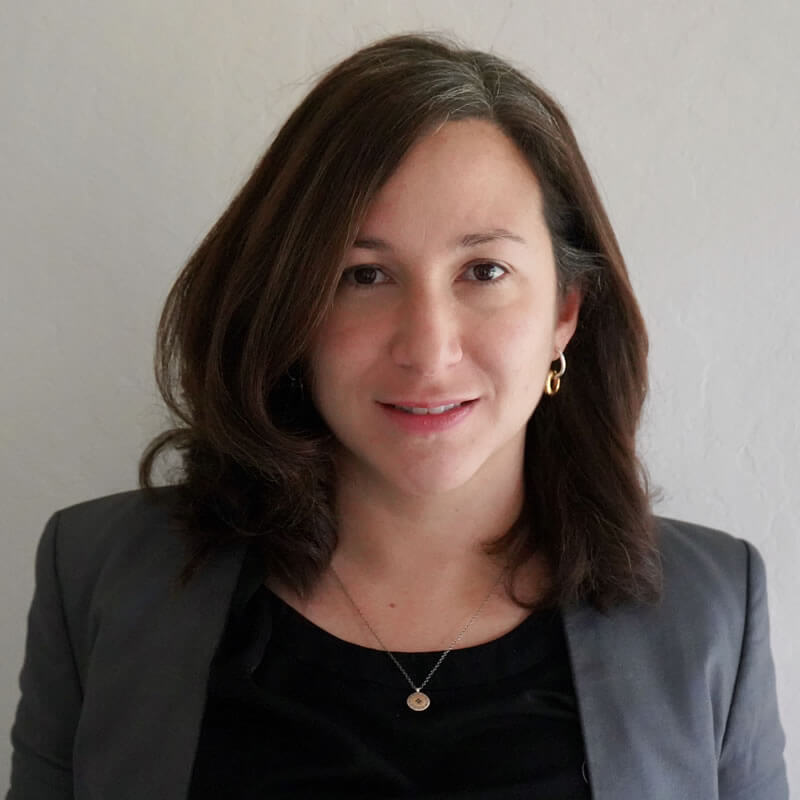
Assistant Professor of Chemical and Systems Biology and of Developmental Biology, Stanford School of Medicine
Nicole M. Martinez is an Assistant Professor in the Departments of Chemical and Systems Biology and of Developmental Biology at Stanford University. Her lab studies RNA modifications, mRNA processing, and their roles in development and disease. Martinez is a K99/R00 NIH Pathway to Independence Awardee, Gabilan Fellow, Chan Zuckerberg Biohub Investigator and a member of the RNA Society. She was a postdoctoral fellow at Yale University where she worked on RNA modifications and obtained her PhD from the University of Pennsylvania studying alternative splicing.
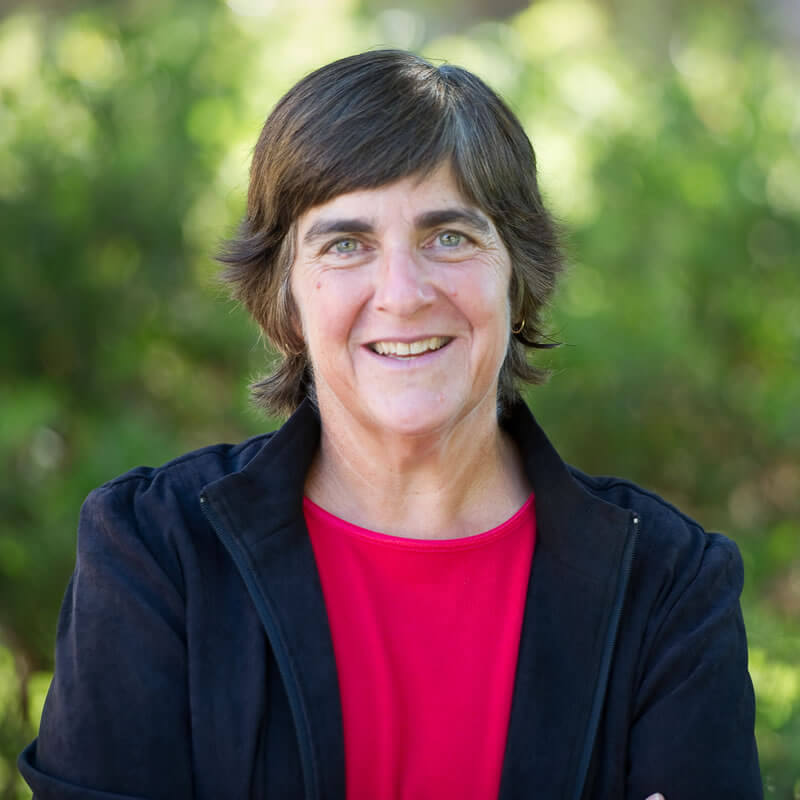
Dean, School of School of Engineering
Jennifer Widom is the Frederick Emmons Terman Dean of the School of Engineering and the Fletcher Jones Professor in Computer Science and Electrical Engineering at Stanford University. She served as Computer Science Department Chair from 2009-2014 and School of Engineering Senior Associate Dean from 2014-2016. Widom received her bachelor’s degree from the Indiana University Jacobs School of Music in 1982 and her Computer Science PhD from Cornell University in 1987. She was a Research Staff Member at the IBM Almaden Research Center before joining the Stanford faculty in 1993. Widom’s research interests span many aspects of nontraditional data management. She is an ACM Fellow and a member of the National Academy of Engineering and the American Academy of Arts & Sciences. Widom received a Guggenheim Fellowship in 2000, the ACM SIGMOD Edgar F. Codd Innovations Award in 2007, the ACM-W Athena Lecturer Award in 2015, and the EPFL-WISH Foundation Erna Hamburger Prize in 2018.
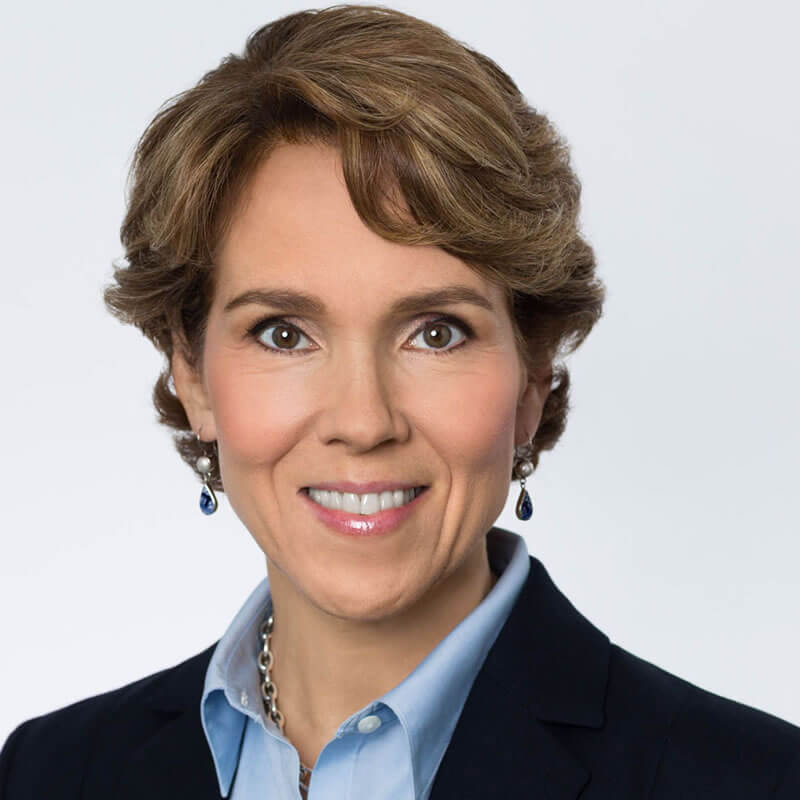
Professor and Chair of Pediatrics, Stanford School of Medicine, Physician-in-Chief, Lucile Packard Children's Hospital
Mary B. Leonard is the Arline and Pete Harman Professor and Chair, Department of Pediatrics at Stanford University. She is also the Director of the Stanford Maternal and Child Health Research Institute, and Physician-in-Chief at Lucile Packard Children’s Hospital. Her multidisciplinary research program is primarily focused on the impact of childhood chronic diseases on growth, skeletal development, nutrition, and physical function, with an emphasis on the detrimental effects of glucocorticoid therapy and chronic kidney disease. Leonard co-chaired the International Society of Clinical Densitometry Pediatric Position Development Conferences in 2007 and 2013. She also co-chaired the Kidney Disease Improving Global Outcomes (KDIGO) Controversies Conference in Chronic Kidney Disease Mineral and Bone Disorder that published its guideline update in 2017. Leonard has served as an Associate Editor for the Journal of the American Society of the Nephrology and the Journal of Bone and Mineral Research. She has published over 200 peer-reviewed manuscripts and is a member of the American Society of Clinical Investigation, American Pediatric Society, and the Society for Pediatric Research.

Dean, Stanford School of Medicine
Lloyd B. Minor, MD, is a scientist, surgeon, and academic leader. He is the Carl and Elizabeth Naumann Dean of the Stanford University School of Medicine, a position he has held since December 2012. He also is a professor of Otolaryngology–Head and Neck Surgery and a professor of Bioengineering and of Neurobiology, by courtesy, at Stanford University.
As dean, Dr. Minor plays an integral role in setting strategy for the clinical enterprise of Stanford Medicine, an academic medical center that includes the Stanford University School of Medicine, Stanford Health Care, and Stanford Medicine Children’s Health. With his leadership, Stanford Medicine leads the biomedical revolution in Precision Health. His book, “Discovering Precision Health,” describes this shift to more preventive, personalized health care and highlights how biomedical advances are dramatically improving our ability to treat and cure complex diseases. In 2021, Dr. Minor articulated and began realizing a bold vision to transform the future of life sciences at Stanford University and beyond – a multi-decade journey enabled by Precision Health.
Before Stanford, Dr. Minor was provost and senior vice president for academic affairs of Johns Hopkins University. Prior to this appointment in 2009, Dr. Minor served as the Andelot Professor and director (chair) of the Department of Otolaryngology–Head and Neck Surgery in the Johns Hopkins University School of Medicine and otolaryngologist-in-chief of The Johns Hopkins Hospital.
With more than 160 published articles and chapters, Dr. Minor is an expert in balance and inner ear disorders perhaps best known for discovering superior canal dehiscence syndrome, a debilitating disorder characterized by sound- or pressure-induced dizziness. He subsequently developed a surgical procedure that corrects the problem and alleviates symptoms.
In 2012, Dr. Minor was elected to the National Academy of Medicine.